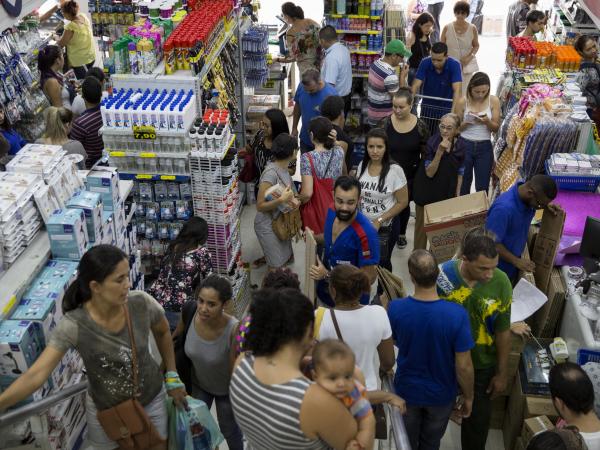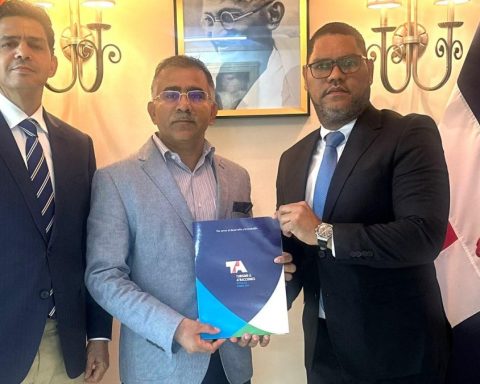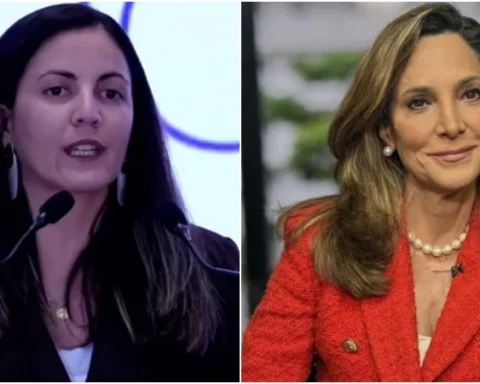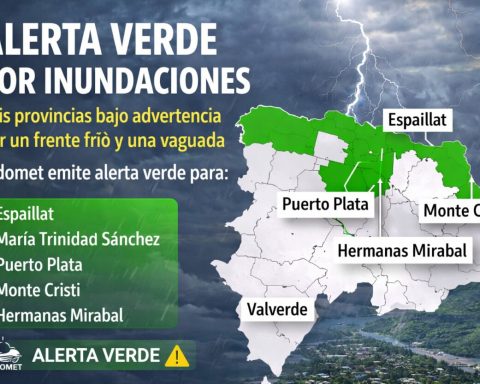Consumer confidence continues to be impacted by the situation, and this was revealed by the National Administrative Department of Statistics (Dane) in its latest survey report social pulse, because for February the indicator was 34.9, which represents a drop of 1.0 percentage points compared to that registered in January
2022 (35.9).
(Two out of 3 households feel that the situation is worse than 1 year ago).
According to the director of the entity, Juan Daniel Oviedo, this indicator “The consumer confidence indicator had already shown a significant decline for the month of January 2022, when it went from 39.3 points in December to 35.9. In February the decline continues, although less marked.”
Among the elements that are most influencing this trend is the perception of the economic conditions of households. Well “43.3% of the heads of households and their spouses in the 23 cities and metropolitan areas stated in February 2022 that the economic situation of their household was worse compared to that experienced 12
months ago”. On the other hand, for 38.9% it was the same.
Regarding how the economic situation of the household is projected within the next year, months compared to the current one, for 38.4% it will be the same, for 29.4% better and for 22.4% worse.
(Business confidence rises and consumer confidence deteriorates).
Likewise, when asking about the economic situation of the country, in February 2022, 57.6% said that it was worse compared to that experienced in the same month of the previous year; and for 13.6% it was much worse. To future, 33.2% of household heads stated that they believe that their situation will be worse in 12 months, and 29.8% said that it will be the same.
Regarding their ability to acquire basic goods, 62.1% of the heads of households stated that in February 2022 they did not have greater possibilities of buying clothes, shoes or food compared to the economic situation of a year ago; 30.7% had the same possibilities and 7.3% had greater possibilities of making these purchases. Likewise, 78.0% said that they had fewer possibilities.
BRIEFCASE


















